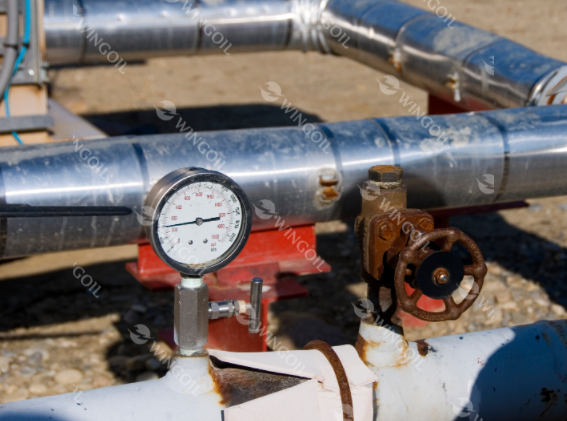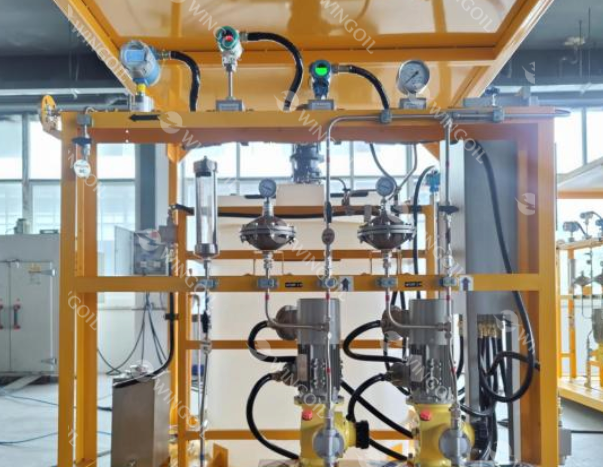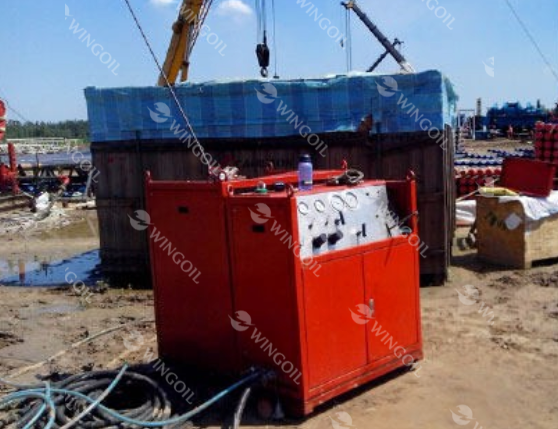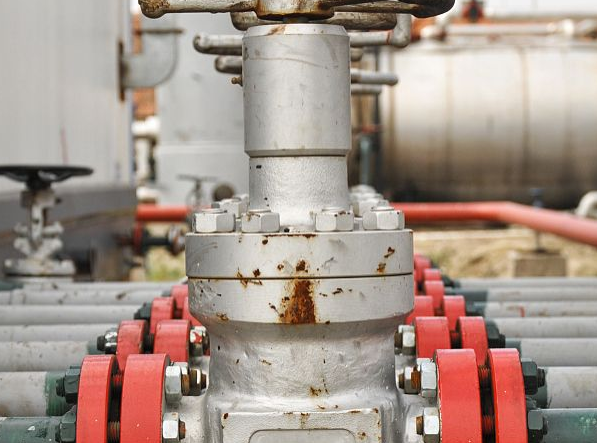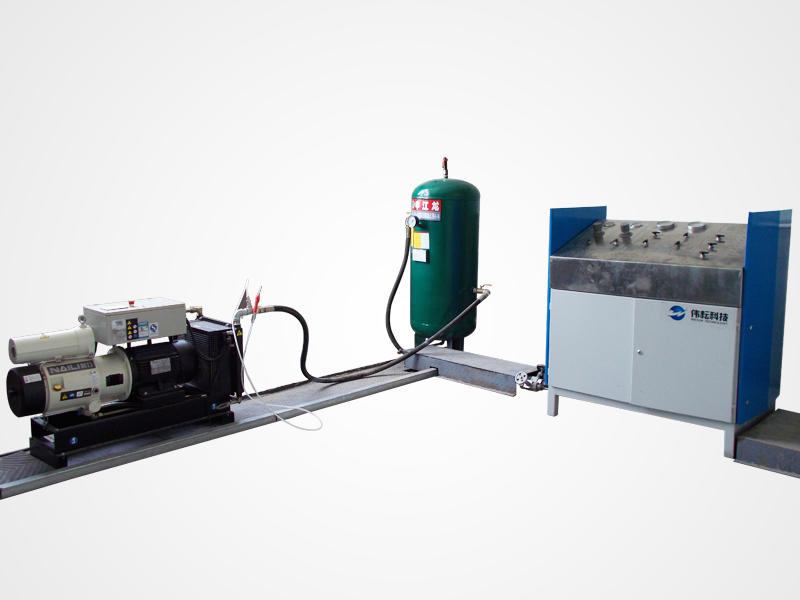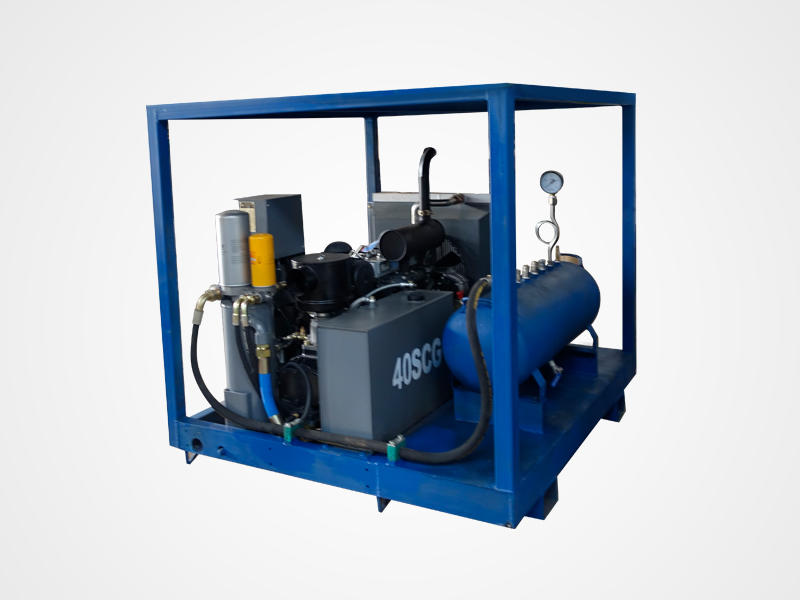Valve Test Benches: Basic Things to Know
Valve test benches play a crucial role in various industries, ensuring the optimal performance and safety of valves. A valve test bench is a sophisticated machine used to test the functionality and integrity of different types of valves under controlled conditions. These test benches are essential for industries where valve failure can lead to significant safety hazards, operational downtime, and financial losses. By thoroughly testing valves, manufacturers and operators can ensure that they meet the required standards and perform reliably in their intended applications.
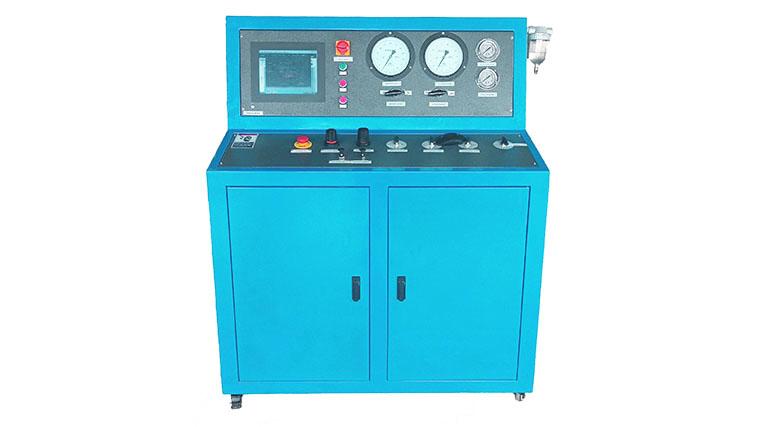
Types of Valve Test Benches
1. Hydraulic Valve Test Bench
A hydraulic valve test bench is specifically designed to test hydraulic valves. These benches use hydraulic fluid to simulate the conditions under which the valves will operate. They are essential for applications where valves are exposed to high pressures and need to maintain integrity under stress.
Hydraulic valve test benches are commonly used in industries such as oil and gas, manufacturing, and aerospace, where hydraulic systems are prevalent. These test benches offer precise control over pressure and flow rates, enabling accurate testing and analysis. Key features of hydraulic valve test benches include robust construction, advanced control systems, and high-precision sensors.
2. Pneumatic Valve Test Bench
Pneumatic valve test benches, on the other hand, use compressed air to test valves. These benches are typically used for valves that operate in pneumatic systems, which are common in industries like automotive, food and beverage, and pharmaceuticals.
Compared to hydraulic valve test benches, pneumatic valve test benches are often simpler and more cost-effective. They are suitable for testing valves that do not require the high-pressure conditions simulated by hydraulic benches. Despite this, pneumatic valve test benches are capable of providing accurate and reliable test results, making them an essential tool in various applications.
Key Components of a Valve Test Bench Machine
1. Primary Components
A valve test bench machine comprises several key components that work together to ensure accurate and reliable testing.
- Frame and Support Structure: The frame and support structure provide the necessary stability and strength to withstand the pressures and forces generated during testing. This component is typically made from high-strength materials to ensure durability and safety.
- Hydraulic or Pneumatic Systems: Depending on the type of valve test bench, either hydraulic or pneumatic systems are used to simulate operational conditions. These systems include pumps, compressors, and actuators that generate the required pressure and flow rates for testing.
- Control Systems and Software: Modern valve test benches are equipped with advanced control systems and software that allow operators to set test parameters, monitor performance, and record data. These systems provide precise control over testing conditions and enable automated testing processes.
2. Secondary Components
In addition to the primary components, valve test benches also include several secondary components that enhance their functionality and accuracy.
- Sensors and Measurement Devices: Sensors and measurement devices are used to monitor various parameters such as pressure, flow rate, temperature, and valve position. These devices provide real-time data that is essential for analyzing valve performance.
- Data Logging and Analysis Tools: Data logging and analysis tools are integrated into valve test benches to record test data and generate reports. These tools enable operators to review test results, identify trends, and make informed decisions about valve performance and maintenance.
- Safety Mechanisms: Safety mechanisms are critical in ensuring the safe operation of valve test benches. These include pressure relief valves, emergency shut-off systems, and protective enclosures that prevent accidents and injuries.
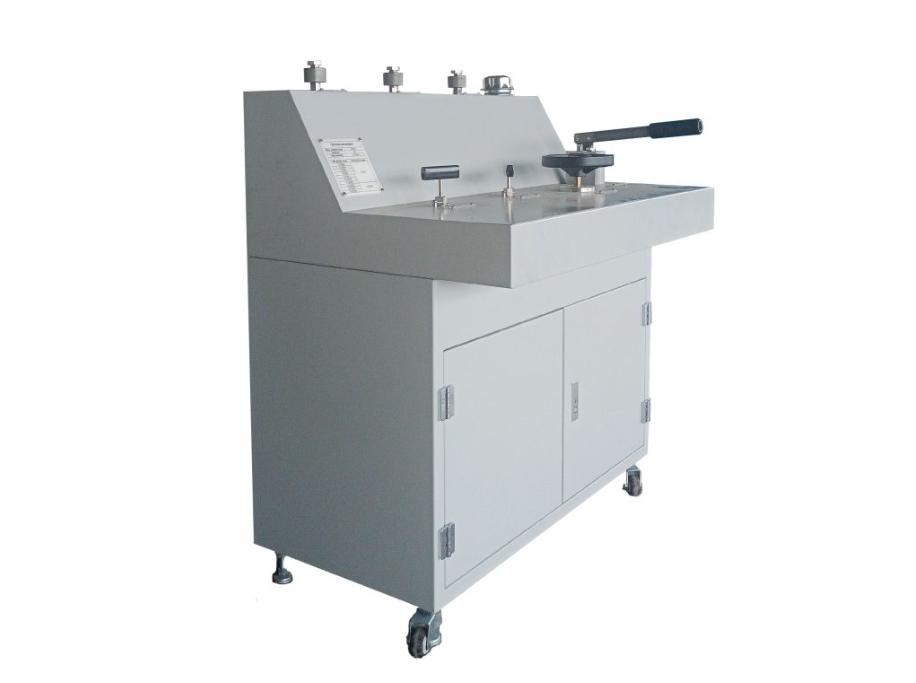
Finding the Right Valve Test Bench Manufacturers
Valve test bench manufacturers play a critical role in ensuring the smooth operation of countless industries. They act as partners in safeguarding processes by designing and producing test benches that cater to the specific needs of various applications.
These manufacturers offer a diverse range of valve test benches to meet the demands of different sectors. Here’s a glimpse into the two main categories:
- General Purpose Valve Test Benches: These are versatile workhorses designed to handle a wide range of valve types and sizes. They are ideal for routine testing procedures and can be configured to accommodate various pressure and flow requirements.
- Specialized Valve Test Benches: Many manufacturers cater to specific industries with specialized test bench solutions. For instance, the oil and gas industry might require high-pressure benches for safety valve testing, while the pharmaceutical industry might need specialized equipment for sanitary valve testing that meets strict hygiene standards.
Choosing the right valve test bench manufacturer is crucial for optimizing your testing capabilities and ensuring long-term value. Here are some key factors to consider:
- Reputation and Experience: Look for manufacturers with a proven track record of supplying reliable and high-quality test benches. Established companies often have a wealth of experience in working with diverse industries and can offer valuable insights into selecting the most suitable equipment for your needs.
- Product Portfolio: Consider the manufacturer’s range of valve test benches. Do they offer general-purpose options or specialize in specific bench types that align with your industry requirements?
- After-Sales Support: Reliable after-sales support is essential for ensuring your test bench operates optimally throughout its lifespan. Look for manufacturers who provide comprehensive training, maintenance programs, and readily available spare parts.
By carefully evaluating these factors, you can partner with a valve test bench manufacturer who can deliver the right solution for your specific needs, ensuring continued safety and efficiency within your operations.
Applications of Valve Test Benches
Valve test benches are used extensively in various industrial applications to ensure the performance and safety of valves.
- Oil and Gas: High-pressure hydraulic fracturing and pipeline operations rely heavily on safety valves. Test benches ensure these valves activate at precise pressures, preventing catastrophic failures and environmental damage.
- Power Generation: Nuclear, hydroelectric, and fossil fuel power plants utilize a network of valves for regulating fluid flow and pressure. Test benches verify the proper function of these valves, safeguarding against potential equipment malfunctions and power outages.
- Chemical Processing: The chemical industry relies on precise control of fluids and hazardous materials. Test benches guarantee the leak-tightness and functionality of valves used in these processes, minimizing the risk of spills and worker exposure.
- Water Treatment: Ensuring clean and safe drinking water requires dependable valve operation. Test benches are crucial for maintaining water treatment plants, and preventing contaminated water from entering the distribution system.
- Aerospace and Defense: Aircraft hydraulic systems and launch vehicles demand valves with unwavering reliability. Test benches are used to rigorously assess these valves, ensuring they can withstand extreme pressure and temperature fluctuations.
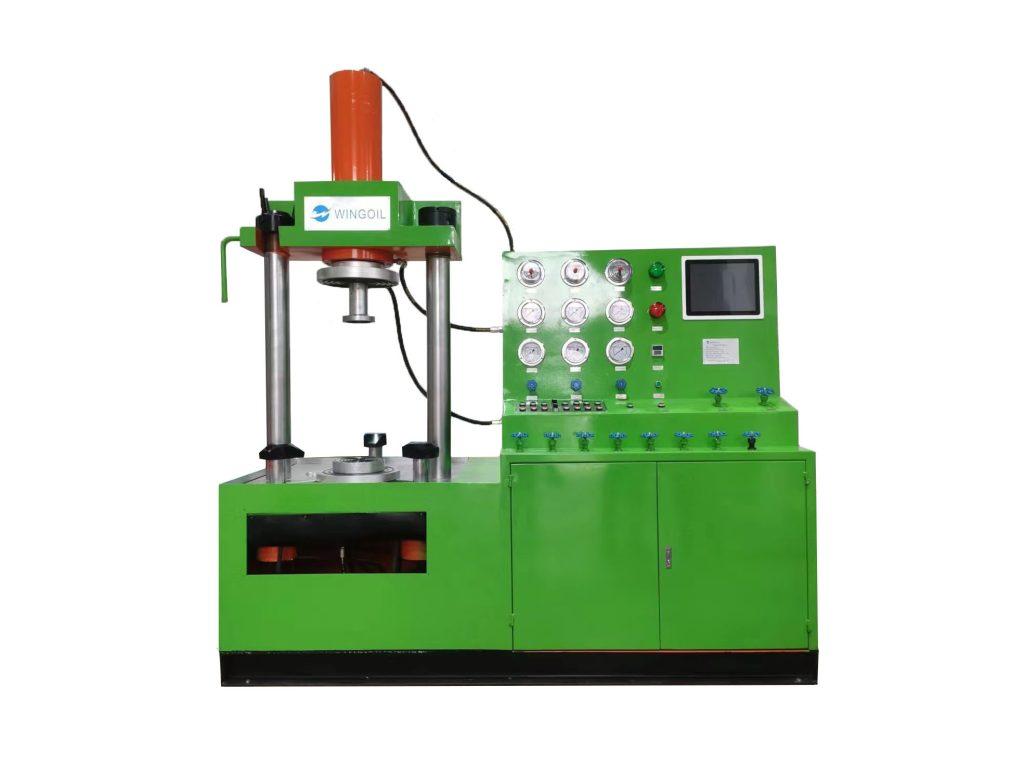
conclusion
The valve testing bench is an essential tool to ensure the performance and safety of valves in various industries. With the advancement of technology, these machines have become more efficient, accurate, and user-friendly. Leading manufacturers constantly innovate to meet the ever-changing needs of customers, providing high-quality products and excellent support. As the industry focuses on sustainability and efficiency, the role of valve test benches will only become increasingly important.

